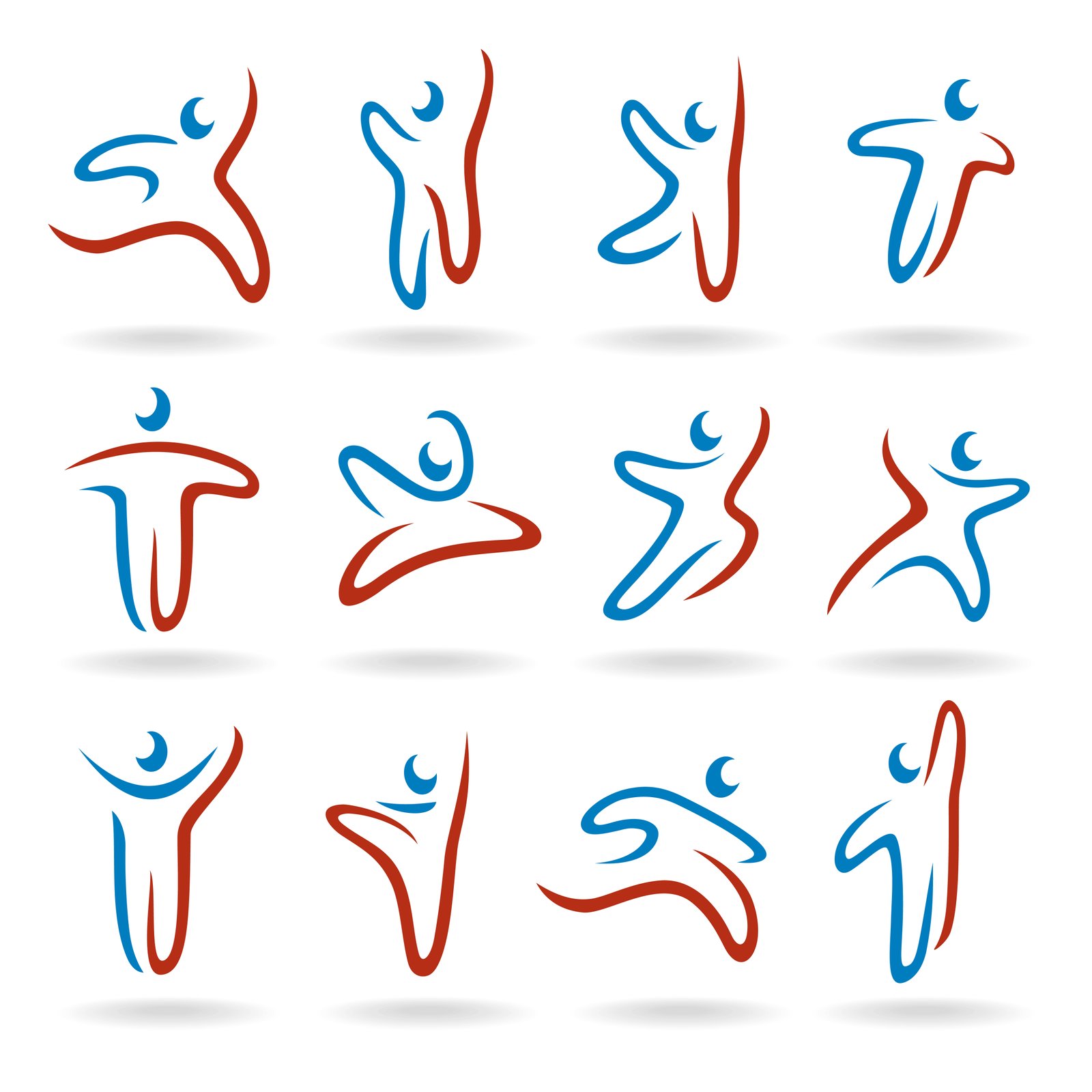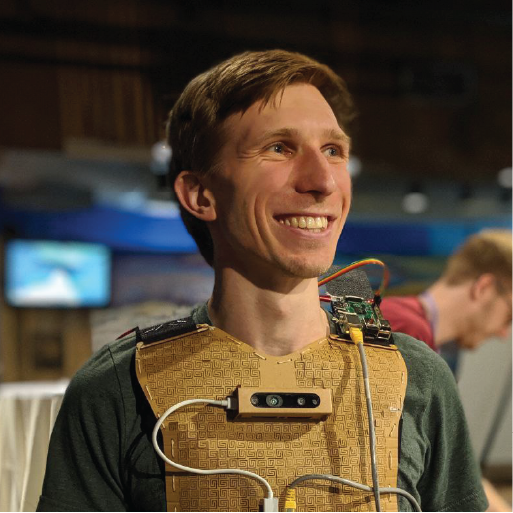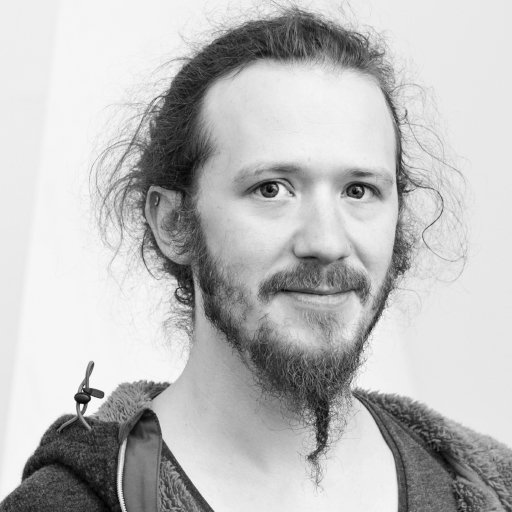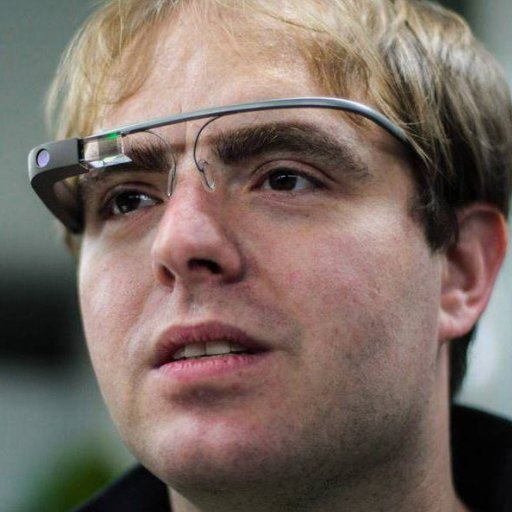A recording of the virtual workshop has been uploaded to YouTube. You can also view virtual workshop here on the website.

About the Workshop
There is mounting evidence acknowledging that embodiment is foundational to cognition. In HCI, this understanding has been incorporated into concepts like embodied interactions and bodily play. However, while embodied cognition suggests a strong connection between motor activity and memory, we find the design of technological systems that target this connection to be largely overlooked. Considering this, we are provided with an opportunity to extend human capabilities through augmenting motor memory. Augmentation of motor memory is now possible with the advent of new and emerging technologies including neuromodulation, electric stimulation, brain-computer interfaces, and adaptive intelligent systems. This workshop aims to explore the possibility of augmenting motor memory using these and other technologies. In doing so, we stand to benefit not only from new technologies and interactions but also a means to further study cognition.
Important Dates and Workshop Location
The important dates associated with the workshop’s organization are as follows:
- Call out: 11 December 2019
- Submission Deadline: 11 February 2020
- Notification Date: 28 February 2020
- Workshop Day: Saturday 25 April
- Workshop Location: 306A PALOLO (https://programs.sigchi.org/chi/2020/program?sessionId=36576)
CHI 2020 – Full Program Schedule
The program schedule is available at this URL: https://programs.sigchi.org/chi/2020/program
Registration Details For Participants
If you are not yet registered for CHI, CLICK HERE.
- Scroll to the bottom of the page and select the Member or Non-Member button to begin your registration
- Fill in all of the required information
- Proceed to the Optional Items page – select your workshop or symposia from the dropdown list and click next at the bottom of the page
- Enter AccessW07 in the code box
- Follow through to complete the addition, making a payment, if necessary and click “Finish”
If you are adding a workshop or symposium to your existing registration, CLICK HERE.
- Enter your email address and confirmation code – found in your confirmation email
- Click “OK” to proceed, then select “Modify” on the next page
- Proceed through your registration (“Next” until the Optional Items page) to add your workshop
- Select your workshop from the dropdown and click “Next” at the bottom
- Enter AccessW07 in the code box
- Follow through to complete the addition by making a payment and clicking “Finish”
Issues with registration? Contact chiregistration@executivevents.com



Call for Participation
The workshop, Motor Memory in HCI focuses on how memory is tied to the sensorimotor system and embodied experiences of performing actions, a dynamic we refer to here as “motor memory”. Body movement can help us think and learn new information faster by establishing embodied representations of reality. This dynamic is also interpersonal – our own motor memory can shape how we perceive and remember others. When translated to the design of technological systems, this means that not only should we consider that we can learn and memorize motor activity (e.g. motor skills), but that we can also perform motor activity to learn and memorize new information (e.g. gesturing directions).
The workshop aims to shape our understanding of how and in what circumstances movements assist memory. Once understood, it probes the groups to think of how futuristic sensorimotor systems can be designed to augment motor memory.
To apply to the workshop, submit your responses to the questions in this google form: http://tiny.cc/jwpihz. The submission deadlines are February 11th, 2020. The responses will be reviewed by the workshop organizers. Accepted responses will be notified by February 28th, 2020 and the list of participants will be posted on the workshop webpage. Upon acceptance, all accepted participants must register for both the workshop and for at least one day of the conference.
Topics of Interest
Theory
- Using Motor Memory in the design of Intelligent Enactive Systems to support declarative memory
- Drawing from cross-disciplinary literature including cognitive neuroscience, psychology, phenomenology and somaesthetics
- Using theoretical understandings to direct the design of intelligent systems for augmenting motor memory
Technology
- Using existing technologies like BCI, EMG, EMS, Haptics, Robotics, Machine learning and human data modeling/behavioral modeling and intelligent agents to physically interface with motor memory
Applications
- Augmenting motor memory to design towards the extension of human capabilities and learning
- Augmenting motor memory in games including bodily games, exergames and serious games
- Designing for health and biomedical applications including rehabilitation and prosthetics
- Novel UX mechanisms for interacting with motor memory
- Designing towards humanistic or cyber-human intelligence and human-machine integration
Virtual Workshop Structure & Accepted Participants
- Kick-off the workshop with a keynote from Elise, Steve & Floyd (possibly): 15 minutes
- 3-minute presentations from our 9 participants and anyone else who wants to present from the workshop organising committee: 30 minutes
- Rapid speculative design session where teams will be split based on the number of people attending: 30 – 60 minutes
- Topics to explore during the design session
- You can work on your speculative design system with your team by selecting from the following tangents:
- Design a system that helps to Create (C) Motor Memory.
- Design a system that helps to Access (A) Motor Memory.
- Design a system that helps to Retrieve (R) Motor Memory.
- OR, a combination system that facilitates the CAR of Motor Memory.
- Once you pick up a tangent that you want to work towards, pick up one of the tentacles for the tangent:
- Does your system make the human better i.e., seeks to enhance human capability?
- Does your system make technology better i.e., seeks to enhance technological capability?
- Artefacts that should be produced at the end of the design session:
- Define motor memory from your perspective.
- How does the system work? Artefacts in such a virtual workshop scenario could be drawings by working together using https://awwapp.com/. Easy to set up and collaborate.
- Next Steps & End Session: 15 minutes.
Zoom Meeting Details
- Time: April 25, 2020 at 8:30 PM AEST
- URL: Join from a PC, Mac, iPad, iPhone or Android device:
- Please click this URL to start or join. https://monash.zoom.us/j/93845713457
- Or, go to https://monash.zoom.us/join and enter meeting ID: 938 4571 3457
- Ensure your device has a dedicated microphone and webcam.
- Please do not share these details with those not on the participant list
Things to remember for before and during the workshop
- Install Zoom and Skype before the workshop
- When entering the Zoom call, please add your details in the following format.
- Name – Skill Set – Skype Name (Example: John Doe – Game Designer – john.doe). This way people can find you easily during the prototyping session when the group call should get transferred over to Skype
- When you share your screen to present, ensure that you check that you share both your Audio and Video.




Aleksandra Koralczyk
Undergrad Student Researcher - Lodz University of Technology





Organisers





















